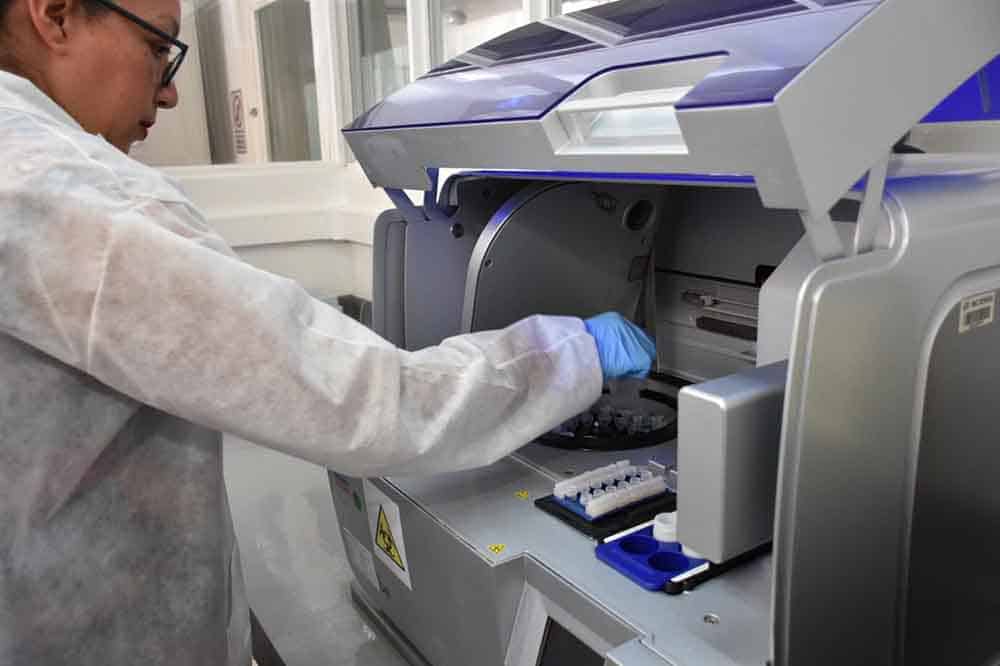The Health Ministry on Friday published protocols for the acquisition and use of SARS-CoV-2 antibody tests, the agency announced. These tests can help identify if a person has been exposed to the coronavirus and developed antibodies, proteins that defend against specific infections.
Antibody tests should not be used to diagnose COVID-19, Health Minister Daniel Salas explained, because SARS-CoV-2 antibodies aren’t created until about a week after infection.
Similarly, antibody tests cannot be used to meet the requirements for tourists entering Costa Rica. Visitors are still required to present results of negative PCR test — a diagnostic test that detects the presence of the SARS-CoV-2 virus in a person’s respiratory system — from a sample taken at most 72 hours before the flight’s departure.
Among the authorized uses in Costa Rica for antibody tests are:
- Biomedical research studies.
- Immune response studies for COVID-19 vaccines.
- Evaluation of the immune response of people who have recovered from COVID-19, for the process of donating and receiving therapeutic convalescent plasma.
- Support for diagnosis in certain medical situations in which patients have specific complications.
- Users of private health services, as indicated by the treating physician.
If a person tests positive for SARS-CoV-2 antibodies, it indicates “the person may have previously been in contact with the SARS-CoV-2 virus, but it does not indicate that the person has an acute infection nor that they have developed lasting immunity.”
On the other hand, someone testing negative for SARS-CoV-2 antibodies indicates that they haven’t been in contact with the virus, that not enough time has transpired to create antibodies, or that the person is immunocompromised.






